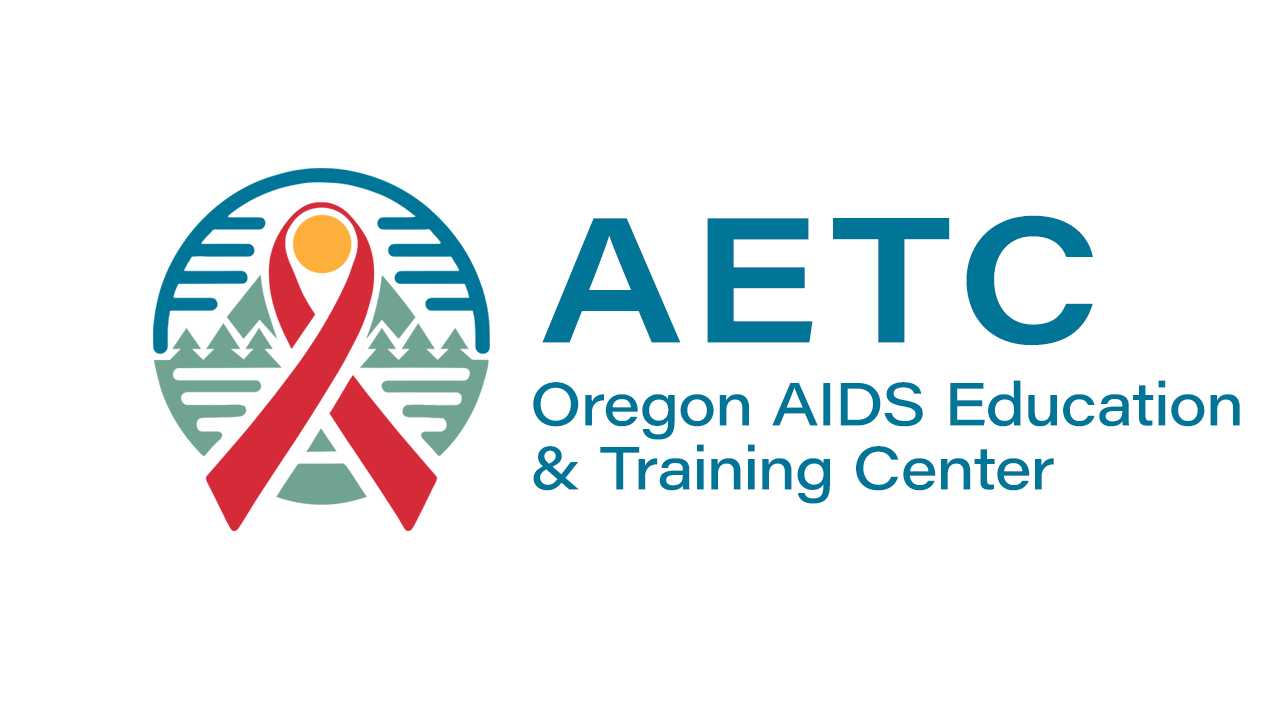Get Technical Assistance from Oregon AETC Faculty
The Oregon AETC offers technical assistance to clinicians and health systems to support practice change in Oregon. Check-ins are offered at no cost. Technical assistance priorities include rapid start HIV treatment, anti-racist trauma-informed care, and sexual orientation & gender identity data collection.
Schedule a Check-In with a Member of our Faculty
Emily Borke, LCSW
-
Emily Borke (she/her) is a Licensed Clinical Social Worker who has over 20 years of experience working in HIV prevention, education, and care services, including leading the implementation and operationalization of Multnomah County’s Rapid Start program, the first in Oregon. Her experience and areas of expertise include project management, clinical supervision, grants management, project implementation and coordination, data driven planning and decision making, and trauma-informed care.
Service Area: Statewide
Areas of Expertise:
Rapid start HIV treatment
Anti-Racist Trauma-Informed Care (AR-TIC)
-
AR-TIC is available to provide technical assistance to organizations in Oregon who work in HIV prevention, care, and treatment. AR-TIC’s technical assistance can support organizations in making their policies, practices, and procedures more anti-racist and trauma-informed.
Service Area: Statewide
Areas of Expertise:
Anti-racism
Trauma-informed care
Systems change
Rachel Greim, MPH
AETC Equity Manager
Oregon Primary Care Association
-
Rachel is the Equity Manager and SOGI trainer for the Oregon AETC. She’s been with the AETC since July 2020 and in addition to her SOGI work, coordinates trainings on anti-racism and trauma-informed care for the HIV workforce in Oregon and coordinates the biennial 2SLGBTQ+ Meaningful Care Conference. Originally from San Diego, CA, Rachel moved to Portland, Oregon to complete her masters in public health at the OHSU-PSU School of Public Health.
Service Area: Statewide
Areas of Expertise:
Sexual orientation and gender identity data collection



